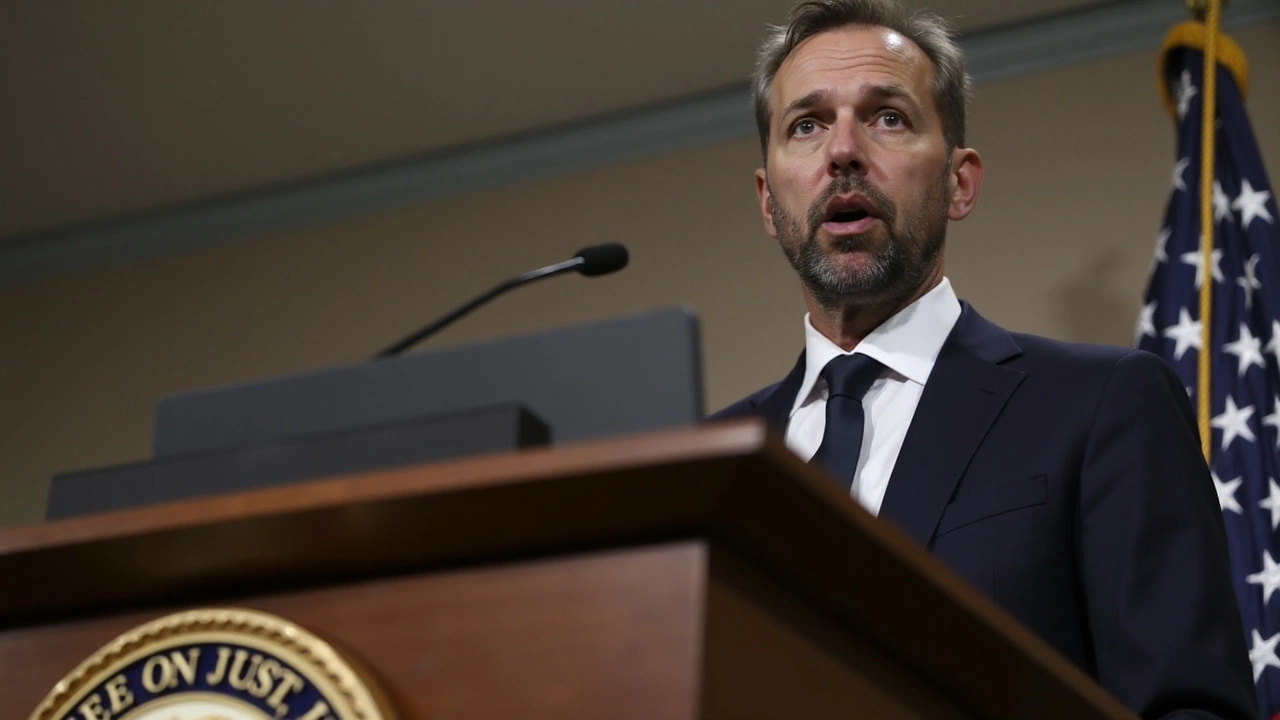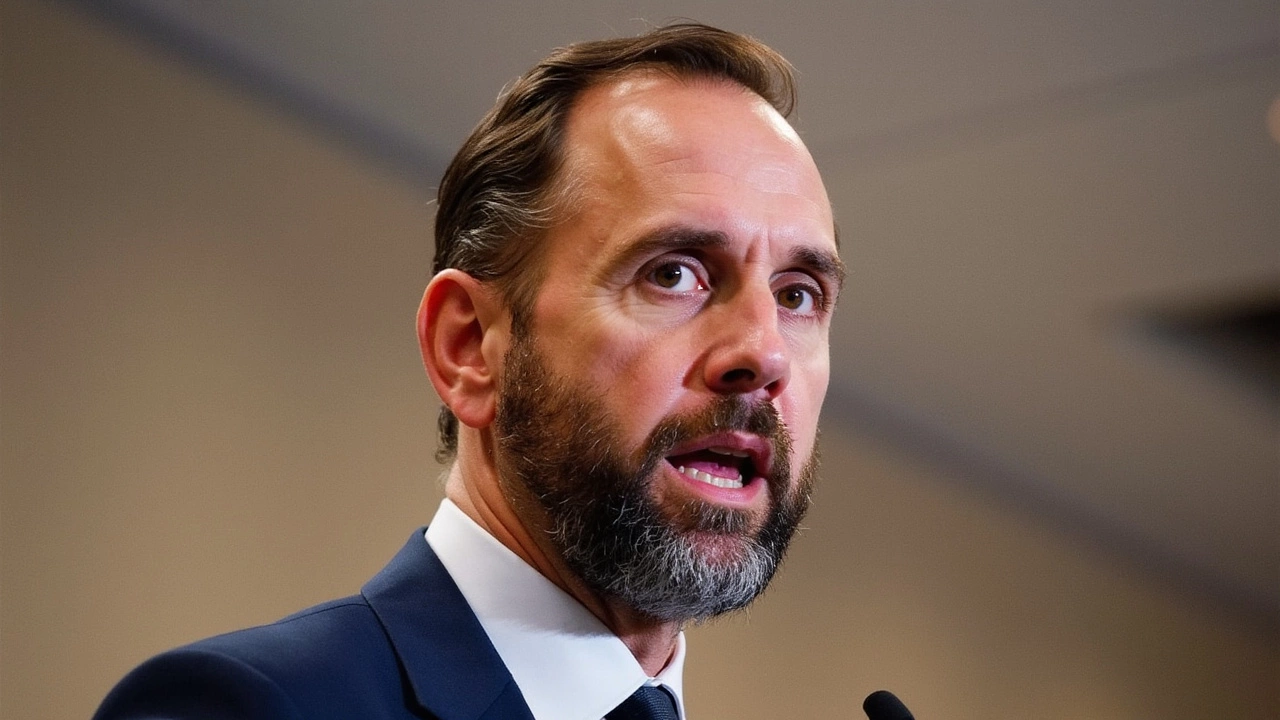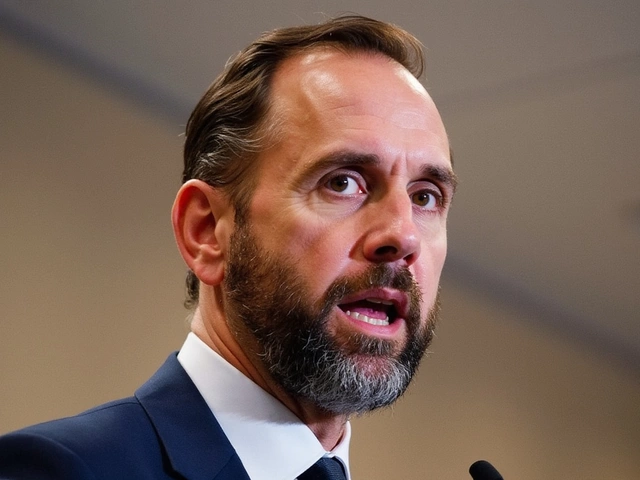Jack Smith Steps Down After Submitting Critical Report on Donald Trump
Special Counsel Jack Smith has officially resigned from the Justice Department, timing his departure with the submission of his investigative report on President-elect Donald Trump. This resignation, which occurred on January 11, 2025, while anticipated, has ignited substantial debate over whether the contents of his report will reach the public. Within this report, Smith meticulously documents crucial aspects of Trump's attempts to overturn the 2020 presidential election results and details about his handling of classified documents at his Mar-a-Lago estate.
The Justice Department is ready to unveil the findings relating to potential election interference by Trump, specifically addressing allegations of his efforts to undo the election outcome. The urgency stems from an impending deadline: Trump is set to assume office on January 20, 2025. Nevertheless, a significant hindrance emerged when Judge Aileen Cannon, appointed by Trump himself, temporarily blocked the report's release. The decision came following a defense request pointing towards possible bias against Trump's co-defendants, Walt Nauta and Carlos De Oliveira, entangled in the classified documents investigation.
Legal Challenges and Appeals Over the Report's Release
In response to Judge Cannon's intervention, the Justice Department promptly filed an emergency motion with the 11th U.S. Circuit Court of Appeals, challenging her injunction as "plainly erroneous." The department underscored the Attorney General's discretion to issue investigative reports authored by subordinates, reinforcing its stance on transparency. Although the court shot down an emergency defense plea to withhold the election interference findings, it upheld Cannon's order, pending a final appellate decision. This legal back-and-forth sets a three-day post-resolution timeframe for the report's issuance.
The implications of Smith's work are far-reaching, and his investigations led to Trump's indictments. Yet, these charges were dropped after Trump's electoral victory, adhering to a longstanding Justice Department policy against charging a sitting president. Nonetheless, officials underline a crucial caveat: the Justice Department will suppress the findings connected to the classified documents as long as proceedings against Nauta and De Oliveira remain unresolved.

The Broader Context: Unpacking the Stakes Involved
Recognizing the potential for future Justice Department leadership under Trump to impede the report's dissemination incites urgency to release it ahead of his inauguration. Traditionally, special counsel reports are shared with the public, exemplified by past releases of reports such as the Russian interference report in 2016 by former Attorney General William Barr, and the classified data handling report linked to President Biden, issued by Merrick Garland.
There exists palpable tension surrounding this subject matter, poised at the intersection of legal precedents, transparency, and political accountability. As Smith exits his role as Special Counsel, the Justice Department remains committed to navigating these multifaceted challenges professionally and equitably. These initiatives emphasize the office's dedication not just to legal norms but also to broader accountability within public governance.
Conclusion: The Path Ahead
As the Justice Department awaits the appellate court's ruling, the spotlight remains on the potential consequences of an administrative shift within weeks. Jack Smith's departure signifies a profound turning point within this embattled landscape, with stakeholders across the nation closely observing this gripping legal saga. At its core, the ongoing clashes between legal authority, political power, and public interest encapsulate the enduring struggles intrinsic to democratic governance and institutional autonomy.
Amidst these dynamic proceedings, one element remains indisputable: the commitment to ensure integrity and accountability remains a steadfast beacon guiding the actions of the Justice Department. With the weight of Smith's investigative findings looming, the quest for truth and transparency continues—its fate pendent upon the scales of justice, awaiting meticulous, measured deliberation.

